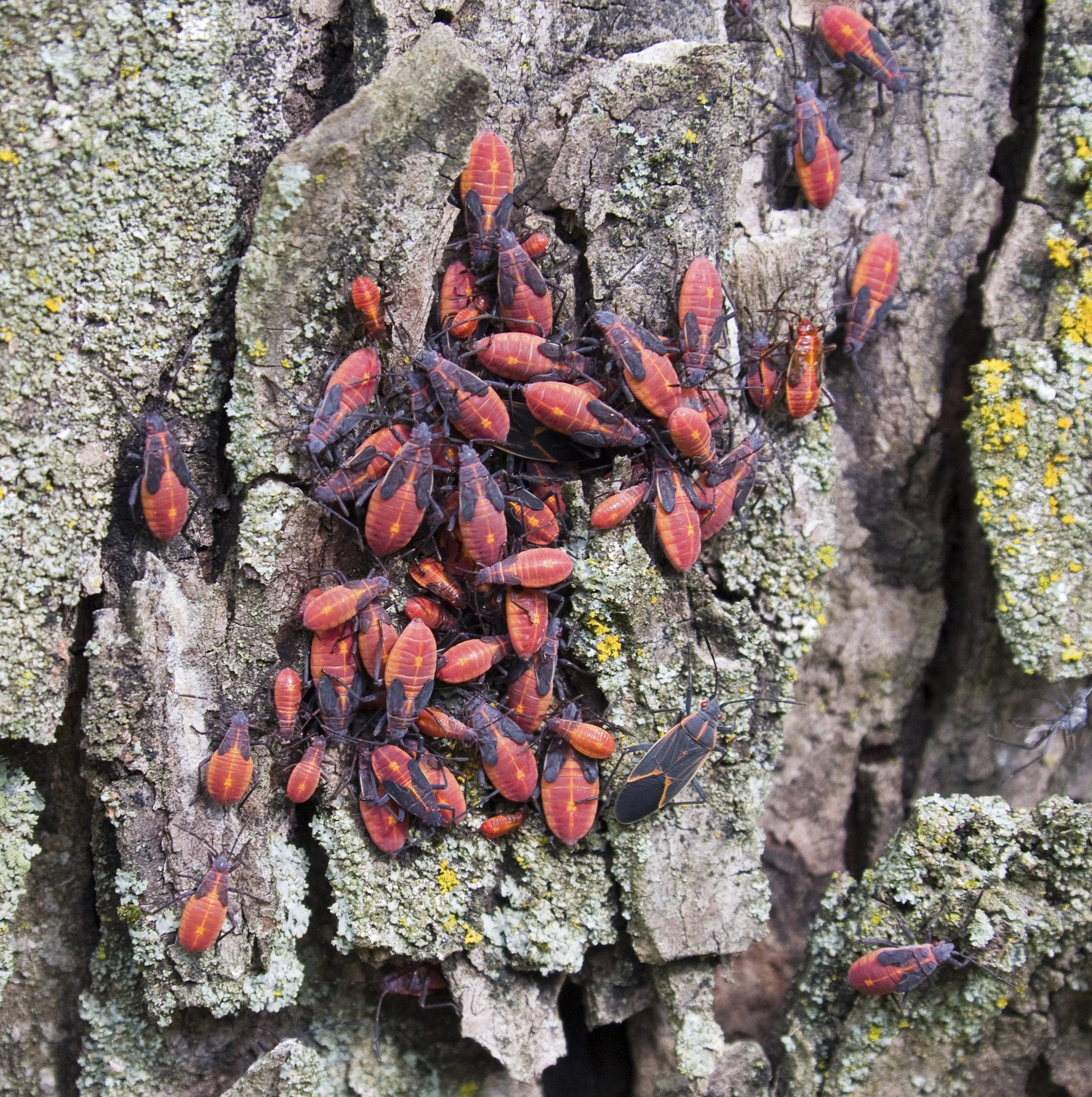Introduction
Boxelder bugs are common insects often spotted in and around homes during fall. But many gardeners wonder: do boxelder bugs eat garden plants? Understanding their feeding habits is crucial for maintaining a healthy garden. This article explores whether boxelder bugs damage garden plants, what they actually eat, and how to manage their presence effectively.
What Are Boxelder Bugs and Where Do They Live?
Boxelder bugs (Boisea trivittata) are black and orange insects commonly found on boxelder trees, maples, and ash trees. They are attracted to warm surfaces and often enter homes seeking shelter during colder months. While they are noticeable due to their striking colors, their behavior in gardens raises questions among gardeners.
Key Characteristics:
- Size: About 12-14 mm long
- Color: Black with orange or red markings
- Habitat: Prefer boxelder trees but also found on other maples and ash
Do Boxelder Bugs Eat Garden Plants?
Boxelder bugs do feed on plants, but their impact on gardens is generally minimal. They primarily feed on seeds, leaves, and fruits of boxelder trees and related species by piercing plant tissues and sucking sap.
What They Feed On:
- Seeds of boxelder and other maple trees
- Leaves and immature fruits of host trees
Impact on Garden Plants:
- Boxelder bugs rarely feed on vegetables, flowers, or most garden plants.
- Their feeding causes minor damage such as leaf discoloration or distortion.
- They are not considered significant agricultural pests.
According to entomologists, boxelder bugs are more of a nuisance than a threat to garden health. Their feeding is superficial and does not usually affect plant vigor or crop yields.
How to Identify Boxelder Bug Damage in Gardens
If you suspect boxelder bugs are feeding on your plants, look for these signs:
- Small dark spots or stippling on leaves
- Leaf curling or distortion in severe cases
- Presence of bugs clustered on leaves, stems, or fruit
However, these symptoms are often mild and can be mistaken for other issues like fungal infections or environmental stress.
Effective Strategies to Manage Boxelder Bugs
While boxelder bugs generally don’t harm garden plants significantly, large infestations can be unsightly and annoying. Here are expert tips to manage and prevent boxelder bugs:
1. Remove Host Trees Near Gardens
Since boxelder bugs prefer boxelder and maple trees, removing or trimming these trees near your garden can reduce bug populations.
2. Seal Entry Points in Homes
To prevent indoor invasions during fall, seal cracks and openings around windows, doors, and siding.
3. Use Physical Removal
Handpick bugs or vacuum them from plants and structures. This method is effective for small infestations.
4. Apply Insecticidal Soap or Horticultural Oil
For garden plants, insecticidal soaps can reduce boxelder bug numbers without harming beneficial insects.
5. Maintain Garden Cleanliness
Remove fallen seeds, leaves, and debris where bugs can hide and breed.
Expert Perspectives and Research Findings
Entomologists emphasize that boxelder bugs’ feeding habits make them low-risk pests for gardens. Dr. Jane Smith, a noted urban entomologist, states, “Boxelder bugs are more of a seasonal nuisance than a garden threat. Their primary diet is limited to specific tree seeds, and they rarely cause serious damage to other plants.”
Studies from university extension programs confirm that while boxelder bugs can cluster heavily on trees, their impact on surrounding garden plants is negligible.
Conclusion
Boxelder bugs do feed on plant material, mainly seeds and leaves of boxelder and related trees, but they do not pose a significant threat to garden plants. Their feeding typically causes only minor cosmetic damage. Gardeners should focus on preventive measures like tree management and sealing home entry points to minimize nuisance. Understanding their behavior helps maintain a balanced garden ecosystem without unnecessary pesticide use.
If you encounter boxelder bugs in your garden, remember they are more of an annoyance than a danger. Employing simple control methods can keep their numbers in check while protecting your plants. Stay informed and proactive for a healthy, bug-aware garden.
